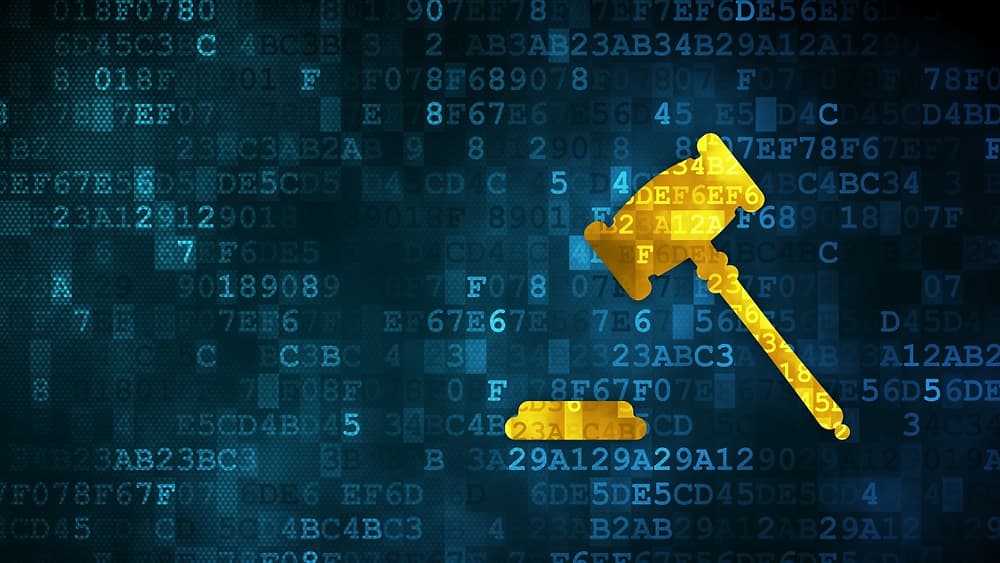
Cyberspace and International Law: Who Sets the Rules?
- Posted on 2025-04-28
The digital era has reshaped familiar boundaries. Today, cyberspace is not just a technology or a network—it is a global domain where financial transactions, political processes, cultural exchange, and, of course, entertainment activities such as online gaming and virtual casinos take place. But who regulates this virtual dimension? What laws apply in a world with no geographic borders, and how does international law address this challenge?
Invisible Borders of Cyberspace
Unlike traditional territories, cyberspace has no clearly defined boundaries. A server can be located in one country, a user in another, and the payment system in a third. This creates a legal paradox: which state has jurisdiction over online activity?
This is precisely why the internet has become a zone where the lack of unified international norms is acutely felt. Issues of digital sovereignty, data security, and the regulation of financial flows are especially pressing. For example, novos casinos online portugal attract the attention not only of users but also of legal experts, as they involve questions of taxation, licensing, and consumer protection. Different countries set their own rules, and players move between jurisdictions in search of the most favorable conditions. All of this illustrates how complex it is to establish legal order in a global network.
International Law: Adapting to Digital Reality
Traditional international law was based on the principle of territorial sovereignty: each state is responsible for what happens within its borders. But online, these borders are blurred. Since the early 2000s, international organizations have begun forming frameworks for digital regulation. However, progress has been uneven.
The United Nations, the European Union, the Council of Europe, and other bodies are working to create conventions and agreements related to cybersecurity, personal data protection, and combating cybercrime. The most well-known document in this area remains the Budapest Convention on Cybercrime (2001), which dozens of countries, including Portugal, have joined.
Still, even it has limitations: not all states have signed the treaty, and the interpretation of certain provisions remains debated. Moreover, cybercrime evolves faster than the law can keep up. New forms of fraud constantly emerge, including those related to cryptocurrency, phishing, and even the abuse of trust in gaming and entertainment platforms.
Portugal’s Position
Portugal takes an active stance on cyber regulation. As a member of the EU, it applies the General Data Protection Regulation (GDPR), one of the strictest laws in the world in this area. Additionally, Portuguese legislation supports efforts to combat digital piracy, online money laundering, and unauthorized access to systems.
For users, this means that any digital platform offering services in Portugal—be it a social network, a streaming service, or an entertainment site, including platforms for online slot games—is required to comply with certain standards. These standards cover not only the transparency of user agreements but also the protection of payment data, which is especially important in the context of online casinos and digital finance.
Who Sets the Rules?
Interestingly, today, alongside states, private companies are beginning to play a role in regulating cyberspace. Tech giants—Google, Apple, Meta, Amazon—possess enormous power, establishing their own “rules of the game.” They independently set standards for content moderation, privacy policies, and commercial practices. At times, these standards prove to be more influential than government laws.
This creates tension: states strive to regain control, while private platforms claim the role of global arbiters. Attempts to reconcile these interests have led to the creation of multilateral initiatives. For instance, the International Telecommunication Union (ITU) is exploring cooperation mechanisms between governments and IT companies.
The Future: Digital Legal Order or Digital Chaos?
It is clear that a unified set of international norms for internet regulation is not a matter for the immediate future. At this stage, international law is more reactive to technological trends than it is proactive. Nevertheless, there are positive developments: the number of international working groups and research projects is growing, and legal symposia on cyber ethics and digital security are being held.
There is a growing awareness that cyberspace requires not only technical solutions but also new philosophies of interaction. Humanism, respect for digital human rights, and transparency are all becoming part of a new global discourse.
Conclusion
Cyberspace is a mirror of our society. It reflects both the greatest achievements of civilization and its challenges. International law faces a difficult but necessary task—building a fair, effective, and universal regulatory system. The success of this endeavor will determine not only safety and fairness in the digital world but also how comfortable we feel performing the simplest online actions—from chatting in messengers to playing in casino online dinheiro real.
Portugal, as part of the European and global legal community, continues to contribute to the development of this system. The question remains open: who will ultimately set the rules in cyberspace—states, corporations, or the users themselves? One thing is clear: this process requires the conscious participation of all parties involved.
The digital era has reshaped familiar boundaries. Today, cyberspace is not just a technology or a network—it is a global domain where financial transactions, political processes, cultural exchange, and, of course, entertainment activities such as online gaming and virtual casinos take place. But who regulates this virtual dimension? What laws apply in a world with…